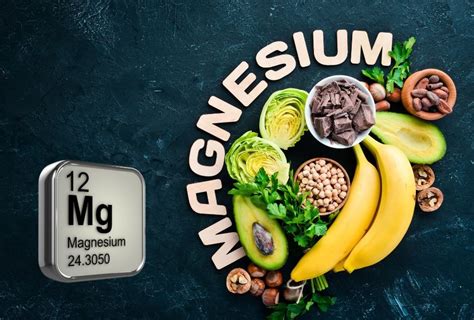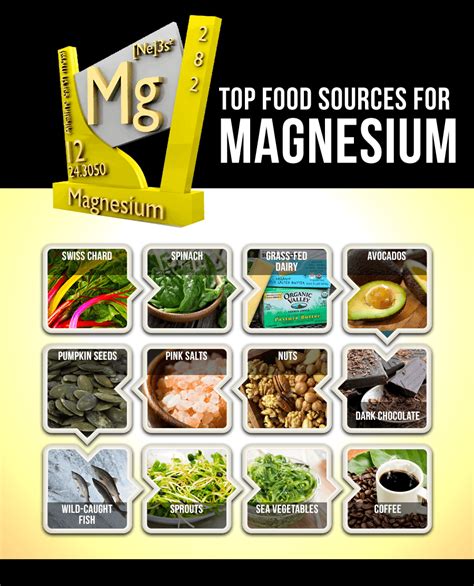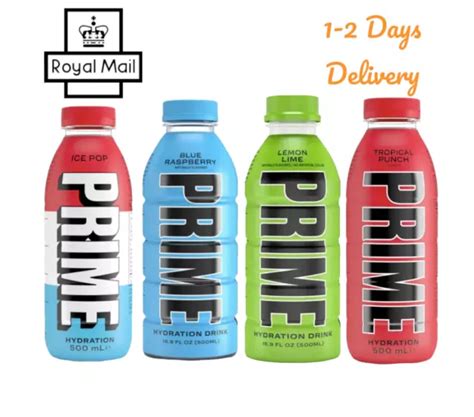The Silent Powerhouse: Why Magnesium Matters for Men
When men push their bodies to the limit with intense exercise, the conversation inevitably gravitates towards protein for muscle repair and growth. While protein’s role is undeniably critical, a lesser-sung hero often gets overlooked: Magnesium. This essential mineral is a co-factor in over 300 enzymatic reactions in the body, playing a foundational role in processes directly impacting strength, endurance, and recovery, making it an indispensable component of any serious athlete’s nutritional strategy.

Magnesium’s Dual Role: Muscle Recovery and Energy Production
Magnesium is integral to both muscle function and cellular energy. In terms of muscle recovery, it facilitates the relaxation of muscle fibers after contraction, helping to prevent cramps, spasms, and excessive soreness. It’s also involved in protein synthesis, the very process by which muscle tissue is repaired and built stronger. Without adequate magnesium, muscles can remain in a state of sustained contraction, hindering effective recovery and increasing the risk of injury.
Equally vital is magnesium’s role in energy metabolism. It is absolutely essential for the creation of Adenosine Triphosphate (ATP), the body’s primary energy currency. Every molecule of ATP produced from glucose or fat requires magnesium. Intense exercise rapidly depletes ATP stores, and efficient replenishment is critical for sustained performance and recovery. A deficiency can therefore directly translate to reduced energy levels, premature fatigue, and a slower rebound after workouts.

The Overlooked Deficiency and Its Impact
Despite its importance, magnesium deficiency is surprisingly common, especially among active individuals. Factors like soil depletion, processed food diets, chronic stress, and indeed, intense physical activity itself, can deplete magnesium stores. Exercise increases magnesium requirements due to losses through sweat and increased metabolic demand. If these losses aren’t adequately replaced, men can experience a range of symptoms including muscle weakness, fatigue, poor sleep, reduced athletic performance, and even increased risk of injury.

Fueling Up: Dietary Sources and Supplementation
To ensure adequate magnesium intake, focus on a diet rich in whole foods. Excellent dietary sources include leafy green vegetables (spinach, kale), nuts (almonds, cashews), seeds (pumpkin seeds, chia seeds), legumes (black beans, lentils), whole grains (brown rice, oats), avocados, bananas, and even dark chocolate. Incorporating these foods regularly can significantly boost your magnesium levels.
For men engaged in very intense training or those with known dietary gaps, supplementation might be a beneficial consideration. Magnesium supplements come in various forms, such as magnesium citrate, glycinate, malate, or orotate, each with slightly different absorption rates and potential benefits. It’s always advisable to consult with a healthcare professional or a registered dietitian before starting any new supplement regimen to determine the appropriate dosage and form.

Optimize Your Post-Workout Protocol
While protein remains paramount for muscle repair, don’t let the crucial role of magnesium go unnoticed. By prioritizing this often-overlooked micronutrient, men can significantly enhance their muscle recovery, optimize energy metabolism, and ultimately unlock greater performance and well-being after every intense training session. A well-rounded nutritional approach that accounts for all essential vitamins and minerals is the true foundation for sustained athletic success and overall health.





